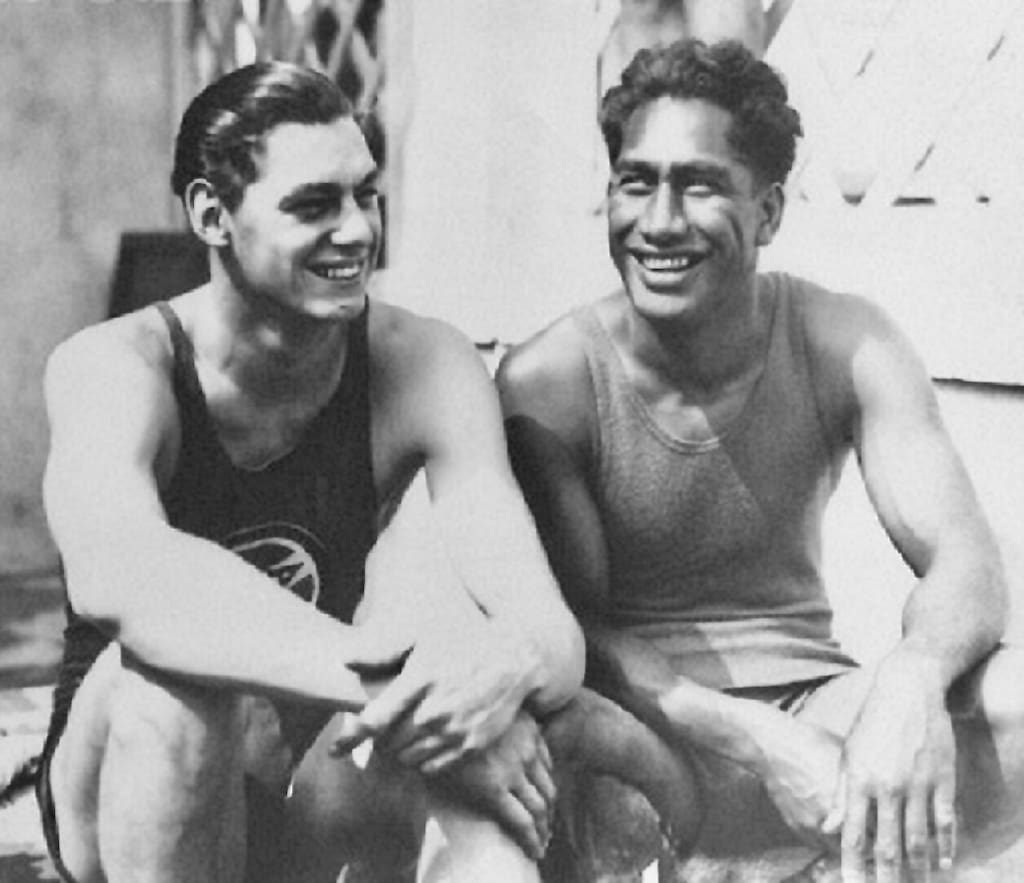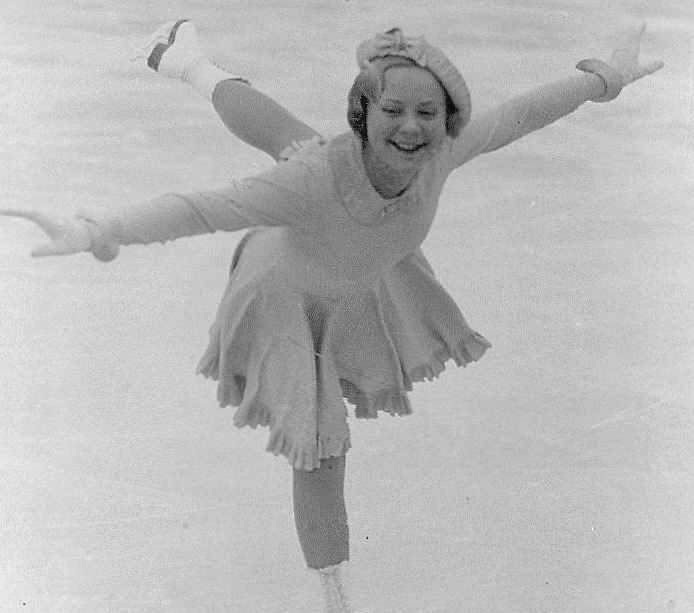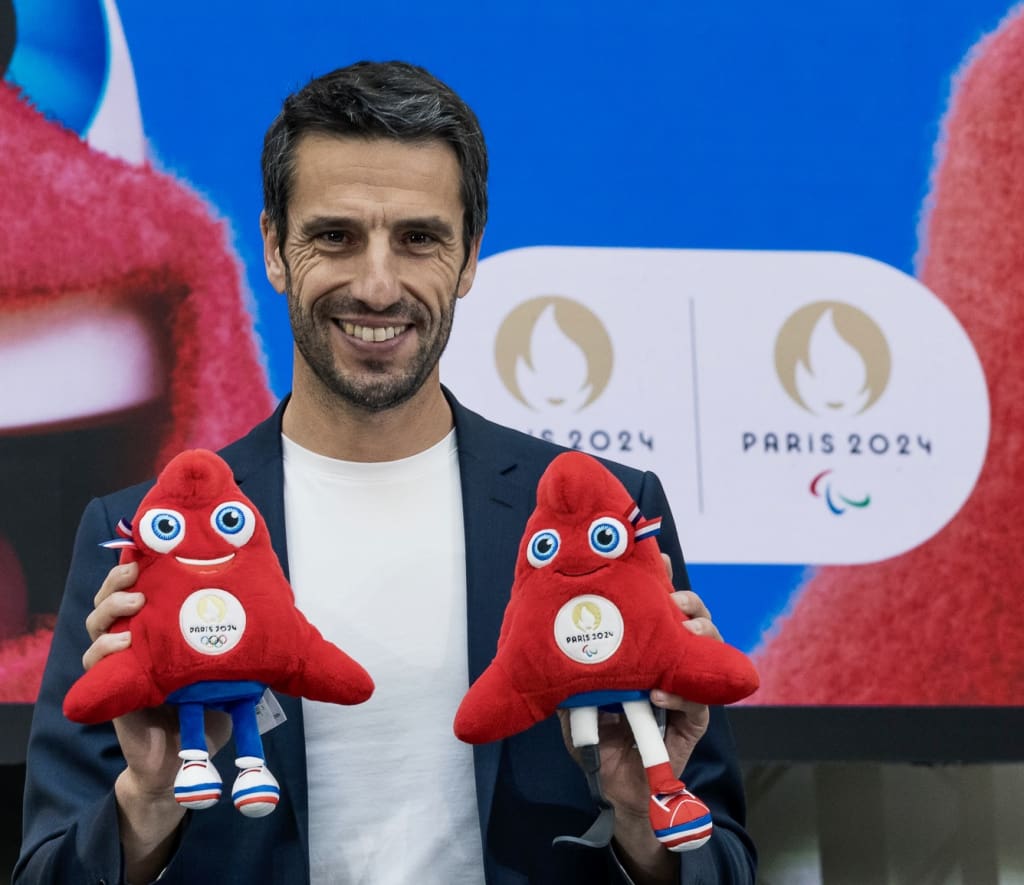France’s love affair with the Olympics is set to continue with the Paris 2024 Games, writes Senior Correspondent Mike Osborne:
The city of love will continue France’s 100-year-old romance with the Olympics when Paris hosts the summer Games for a third time next year.
The French are head over heels for the Games with Paris joining London as the only city to have staged three Olympics. Next year also marks the sixth time France has hosted, with a bid for a seventh Games in the pipeline, plus France is one of only three countries to have contested every Olympics.
To cap it off, France ranks fifth on the all-time medal tally and French is one of only two official Olympic languages, along with English.
The French Olympic passion is further fired by Norwegian ice-skating queen Sonja Henie and swimming champion turned Tarzan Johnny Weissmuller, who both transitioned from Olympics heroes at the 1924 Games to Hollywood heartthrobs.
For Paris, next year’s Games marks exactly a century since the city last hosted the Olympics, but it’s not for a lack of trying after making failed bids to host in 2008 (Beijing) and 2012 (London).
Three-time Olympic canoe gold medallist and Paris 2024 organising committee President Tony Estanguet summed up the nation’s infatuation with the Games when they were eventually awarded to the French capital: “It’s like a dream. We’ve been waiting so long.”
As far as Paris is concerned, Estanguet is right. It’s been 100 years since the 1924 Olympics were showcased on the big screen in the Oscar-winning film “Chariots of Fire”.

And France is hungry for more, bidding for a fourth Winter Games and seventh Olympics in 2030, to be staged jointly in the French Alps and the Riviera.
France’s proud Olympic history already includes hosting three Winter Games in Albertville (1992); Grenoble (1968) and Chamonix (1924) as well as a failed bid by Annecy to host in 2018.
Chamonix was the site of the inaugural Winter Olympics which witnessed the debut of 11-year-old Norwegian figure skater Sonja Henie. Henie went on to win three Olympic gold medals at future Games plus 10 world championships before becoming a Hollywood star in the late 1930s and early 1940s.
The 1924 Paris Summer Games also launched the movie career of triple American freestyle champion Johnny Weissmuller, who went on to star as Tarzan and Jungle Jim in more than a dozen Hollywood films.
Other stars of the 1924 Summer Games included Duke Kahanamoku, the Hawaiian noble who made the sport of surfing famous worldwide; British track and field legends Harold Abrahams and Eric Liddell who won the 100m and the 400m respectively and were immortalised in the “Chariots of Fire” film; plus the Flying Finn Paavo Nurmi who won five gold medals including the 1500m and 5,000m which held only an hour apart.

The global successes of the 1924 Summer and Winter Games more than made up for the disaster of the 1900 Olympics, the first to be hosted by France and Paris.
Considered the worst Games ever, they included live pigeons as targets in the shooting; a 200m freestyle obstacle race where competitors swam under punts and clambered over row boats; as well as the short-lived Olympic sports of ballooning and motorbike racing.
Baron Pierre de Coubertin, the French noble who founded the modern Games, later remarked of the 1900 Paris Olympics: “It’s a miracle the Olympic movement survived.”
Perhaps much of the French flavour of the Olympics can be credited to Coubertin, who romanticised the Ancient Greek Olympics and in 1894 hosted a conference at the Sorbonne in Paris titled: “On the possibility of restoring the Olympic Games”.
That conference ended with the decision to hold the first modern Olympics in Athens in 1896, and the creation of the International Olympic Committee with Coubertin as secretary general.
After the success of the 1896 Athens Games, Coubertin took over as IOC President until he stepped down in 1925, spending his life and fortune promoting the Olympic movement. He remained IOC honorary President until his death in 1937.
Coubertin’s influence on the Olympics and his country remains immense, with France one of only three nations to have competed at every Summer and Winter Games, along with Great Britain and Switzerland.
IOC Member and President of France’s National Olympic and Sports Committee David Lapparient said winning the right to host another Winter Olympics in 2030 in Provence and Auvergne-Rhône-Alpes would be “a tremendous opportunity to continue the momentum of Paris 2024” and continue what will be a 130-year French love affair.

Michael Osborne has been a journalist for more than four decades including 35 years with the national news agency Australian Associated Press, rising from junior reporter to Editor.
He was AAP Editor for 11 years and served four years as Head of Sport and Racing. He was also posted to London and Beijing as AAP’s Bureau Chief and Foreign Correspondent.
He has worked at six Olympics and five Commonwealth Games, covered tennis grand slams, golf majors, international cricket, rugby world cups and numerous sporting world championships. He also co-ordinated and managed AAP’s teams and coverage at three Olympic Games in Athens 2004, Beijing 2008 and London 2012.



Discussion about this post